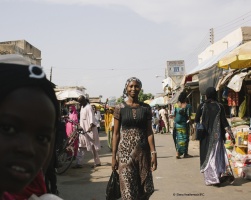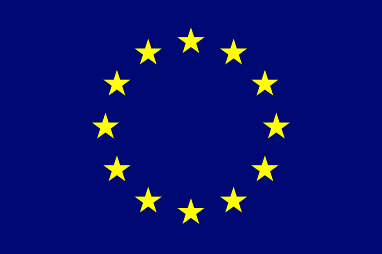Climate change, urbanisation and humanitarian action: International Rescue Committee

Conflict, economic insecurity, and sudden and slow-onset effects of climate change all factor into forced and voluntary migration. While these drivers vary, what’s common is that cities are the primary destinations of mixed migration inflows for migrants, refugees and internally displaced persons (IDPs) suffering the effects of climate change. This often leads to the expansion of informal neighbourhoods with pre-existing socioeconomic and environmental vulnerabilities. Managing increasing levels of urban populations at risk can be particularly challenging for city administrations in fragile countries that are already struggling to provide services.
Click here to continue reading on page 16 of the VOICE out loud

